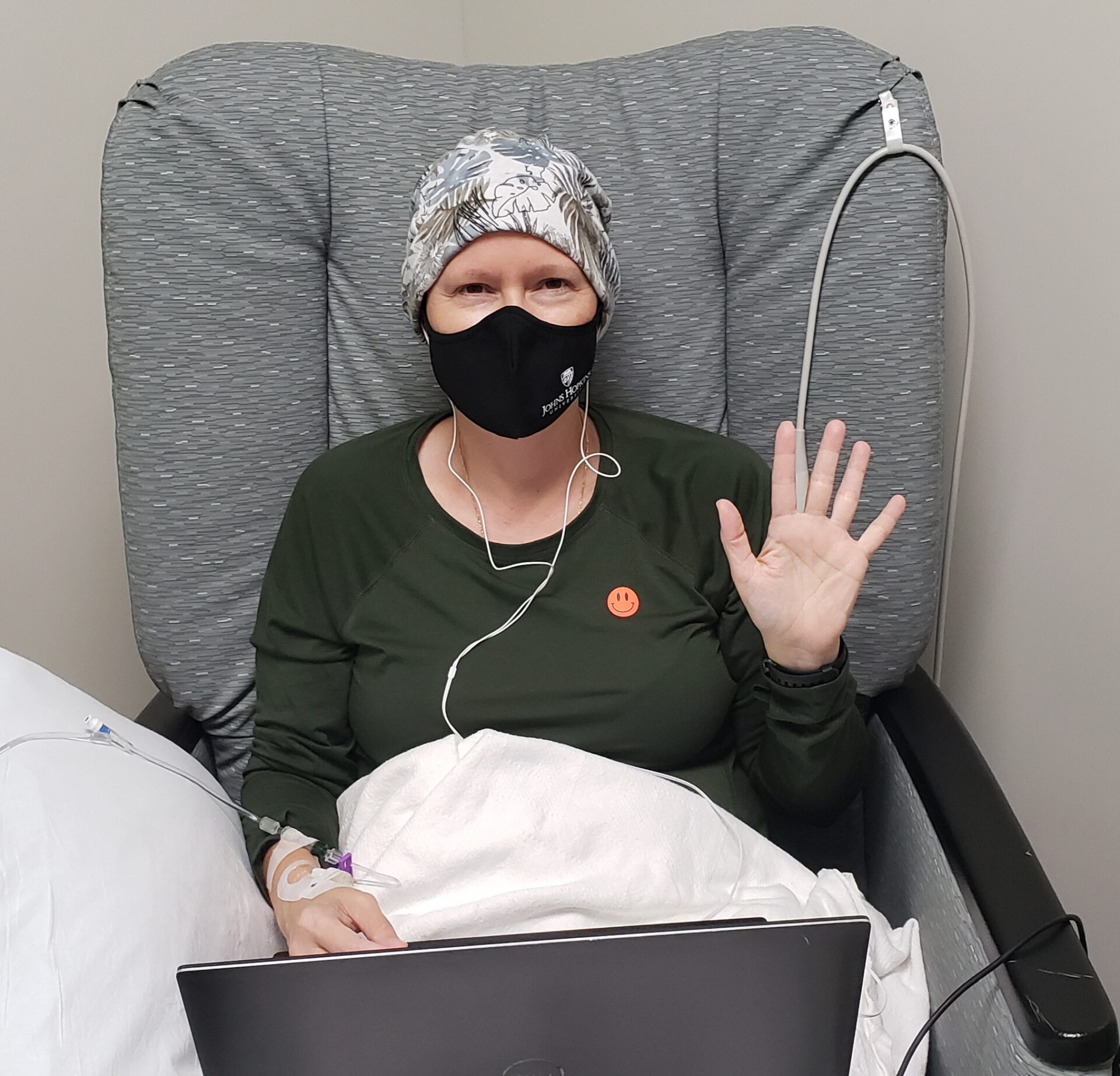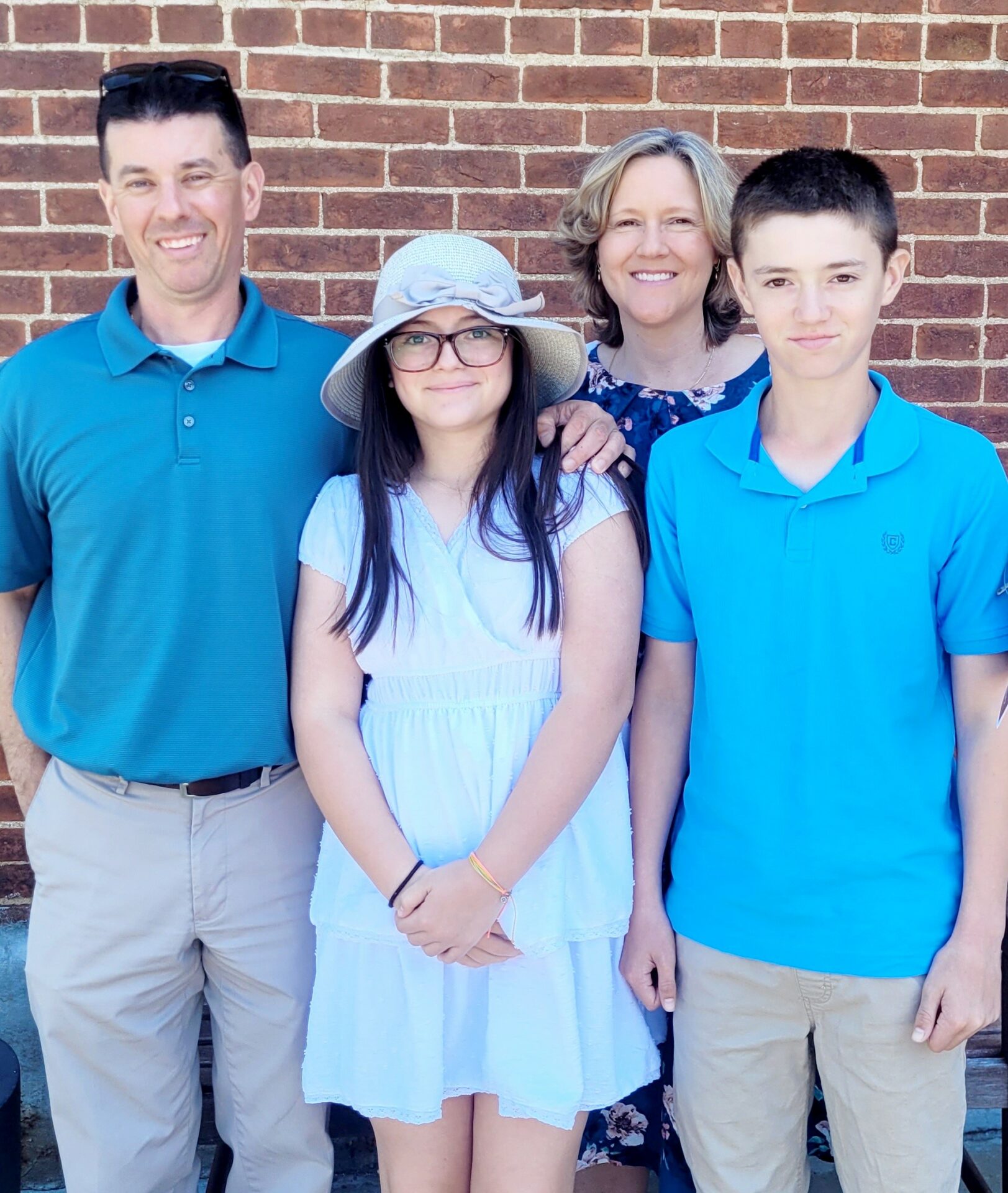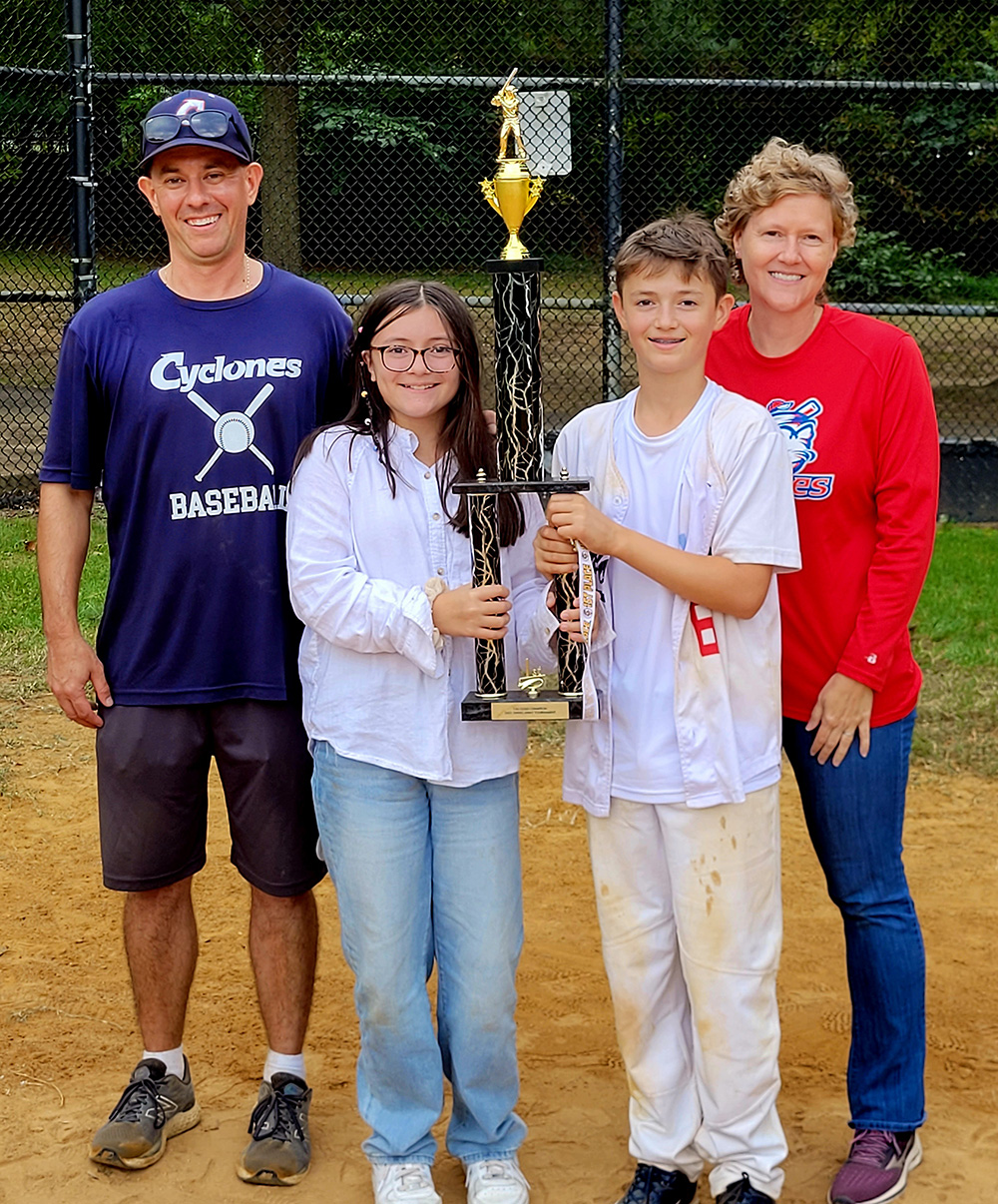Her Research
Dr. Sfanos’ lab studies how prostate infections, inflammation, and the microbiome influence prostate cancer initiation and response to therapies. Through this research, the field has greatly developed and there have been many advances in the research and development of new therapeutics.
“It’s starting to get pretty exciting, from my highly biased point of view,” Dr. Sfanos said. “In terms of the research that we do on prostate infections and inflammation, I think we are getting much closer to understanding that this is a legitimate risk factor. This is something we should be paying attention to.”
In 2014, Dr. Sfanos received a V Scholar grant from the V Foundation for Cancer Research. This grant allowed Dr. Sfanos’ team to focus on a “high risk and novel idea that, at the time, wasn’t even widely appreciated.”
This research provided one of the most comprehensive characterizations to date of urinary microbiomes that are present in prostate cancer patients compared to individuals without prostate cancer. They tried to identify high-risk bacteria that might have caused prostate inflammation that could be implicated in prostate cancer pathogenesis, an opportunity to learn more about what might cause prostate cancer.
“At the time, the whole concept of a urinary microbiome was very new and even a little bit controversial. Now, fast forward many years later, this is accepted as something that is important, and there are many additional papers and studies on this.”
These developments were only possible because of initial funding, and Dr. Sfanos largely credits the V Foundation for the belief in her research.
“I’m very grateful to the V Foundation for funding that grant,” Dr. Sfanos said. “It really launched not only my career, because I received that grant very early on as a younger investigator, but it helped me to guide my research into a new research focus that we are still studying today.”







